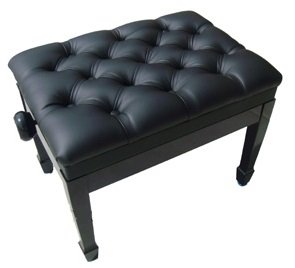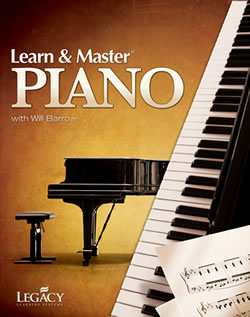When Old Piano Strings Break
When old piano strings break. Blog Post: February 18, 2013
A customer wrote in to us recently, with the following question:
Q: "I am interested in a 1930s Chickering Grand Piano. It hasn't been played in 25 years, and is about a quarter step low in pitch throughout. Will retuning/raising the quarter step cause massive damage to the old instrument? The strings, tuning, pegs, and soundboard all seem to be in great shape."
...
A: That's a great question, and even more so, a very common scenario in piano field service.
As one of many piano technicians who serve
in the field, I've had the opportunity to tune dozens of pianos, from
the 1900s - 1930s [baby grand and upright], many of which have not been tuned in over a decade, and in some cases, two decades.
Note to readers: If your piano has NOT been tuned in over a decade, do not expect to be charged a piano tuner's "advertised price".
Pianos should be tuned at least twice annually, and if not, they are bound to fall away, quickly, from A440Hz -- needing to be brought up yet again, via a few pitch raises - no exceptions.
Returning to the article...
Depending on the piano's present condition: [1] the strings (rusted, or free from rust), [2] soundboard (cracks, or no cracks / separations / delaminations), [3] pinblock (tight vs. not tight), and if the instrument has [4] NOT been restrung (new pins, strings, pinblock) within the past ten years, there is a significant chance that strings could in fact break, when brought up to concert pitch.
There is also the risk of the soundboard and bridges becoming cracked during this process (an expensive repair, and a separate job from tuning).
Oftentimes, when a piano is 25 cents flat or more, even if a small amount
of tension is imposed upon the bridges and soundboard from a tuning, this added tension has been known to cause cracks therein - and if not immediately, eventually in the future.
Also, if rust has accumulated on the strings' coils, strings can and do immediately snap (especially, near the coil itself), when being brought up to pitch.
Sadly, no matter how slow a technician may proceed during the initial tuning, old piano strings breaking can become a reality of pianos >25 cents flat.
To recap:
Old piano strings break. Newer strings are known to break also. But old piano strings have a very "limited" life span - usually, some 30-40 years before they need to be replaced
Older piano strings have also accumulated more rust, and have stretched more - and for a longer period of time - than newer piano wire.
Assuming the servicing piano tuner / technician preps the piano in a proper manner, by applying a small amount of ProTek CLP Lube or
Center Pin Lubricant to each (1) tuning pin coil and (2) string bearing point
-- prior to the tuning -- this may lessen the risk of the piano's strings breaking (it's not a
guarantee, but simply a minor precaution).
If the piano has been restrung (aka 'new strings, under 30 years old),
there should be no issue raising the pitch <25%-33% per session, allowing a
sufficient amount of time (hours, sometimes days, along with playing the piano between tunings) for tension to adjust along the string's bearing points. See: Pitch Raise
Since this piano is affirmatively >25 cents flat, a minimum of three (3)
passes through (aka "tunings") should be sufficient to approach
A440hz within a few days time (depending on how far out the piano is currently from
A440hz).
Anytime a piano - any age or model - is more than >50 cents flat, it runs
the risk of the soundboard and bridges becoming cracked, due to the increased
pressure applied from a single pitch correction.
...
Need more information on YOUR piano's age, condition, and maintenance requirements?
Find Your Piano's Age and Serial Number -- Click Here
or
SUBSCRIBE TO OUR FREE EZINE:
Support our site at no cost to you. Make your Amazon purchases by clicking through this link, here.







 Click Here to View our Terms and Conditions
Click Here to View our Terms and Conditions